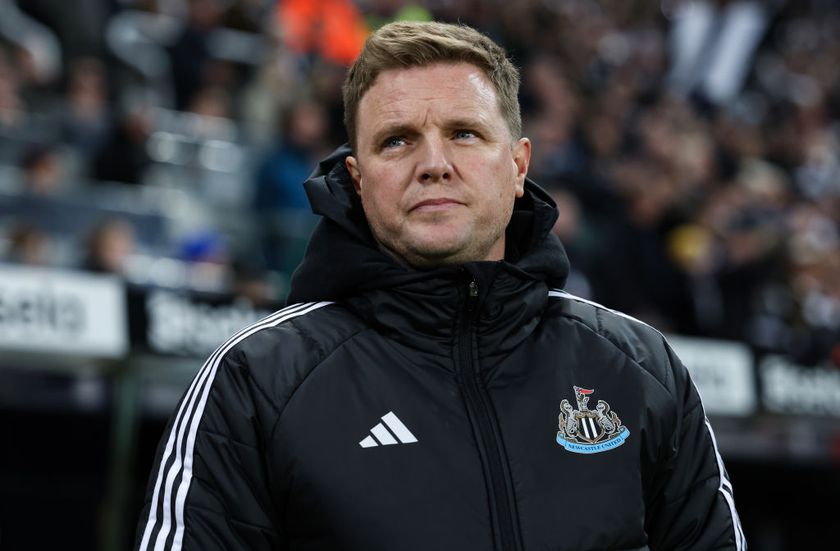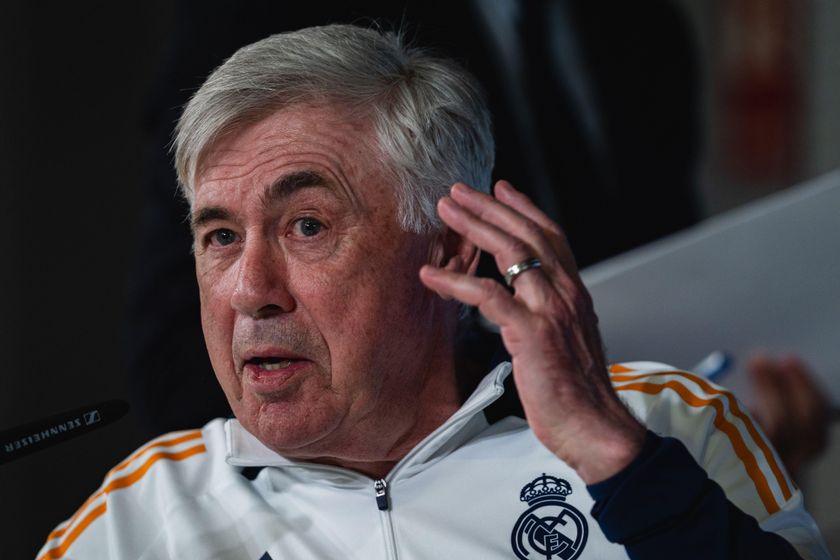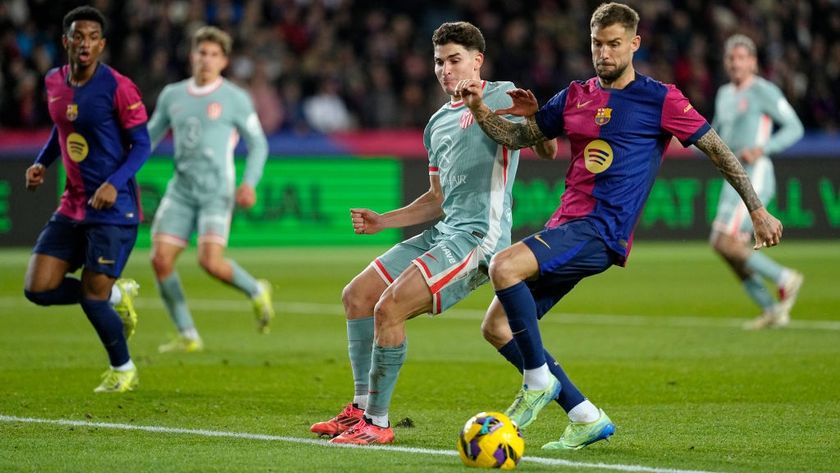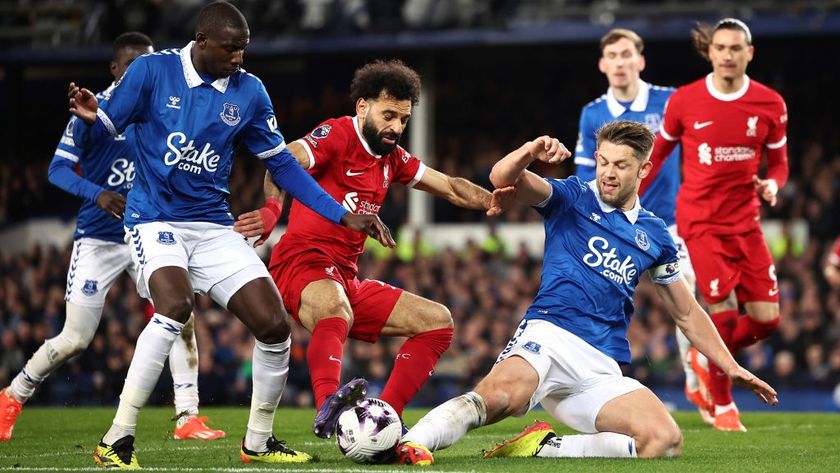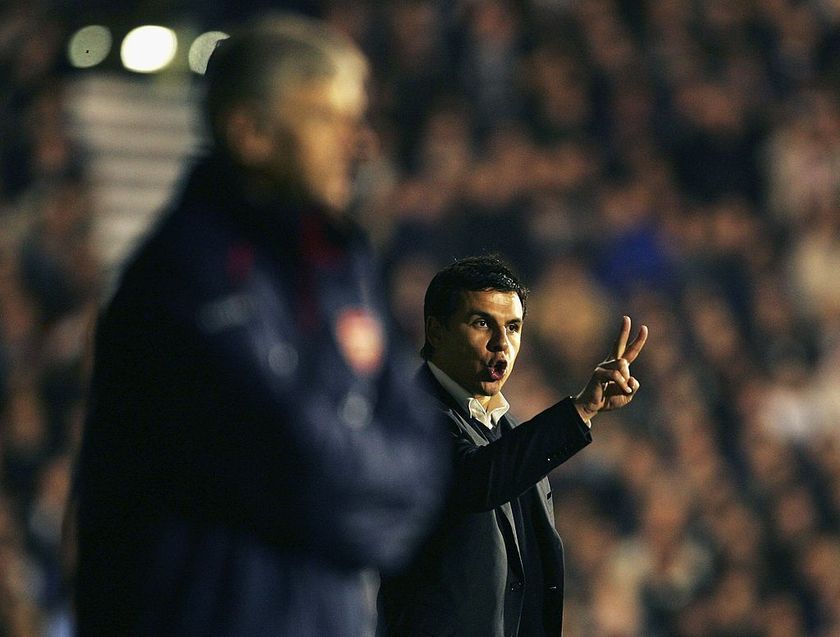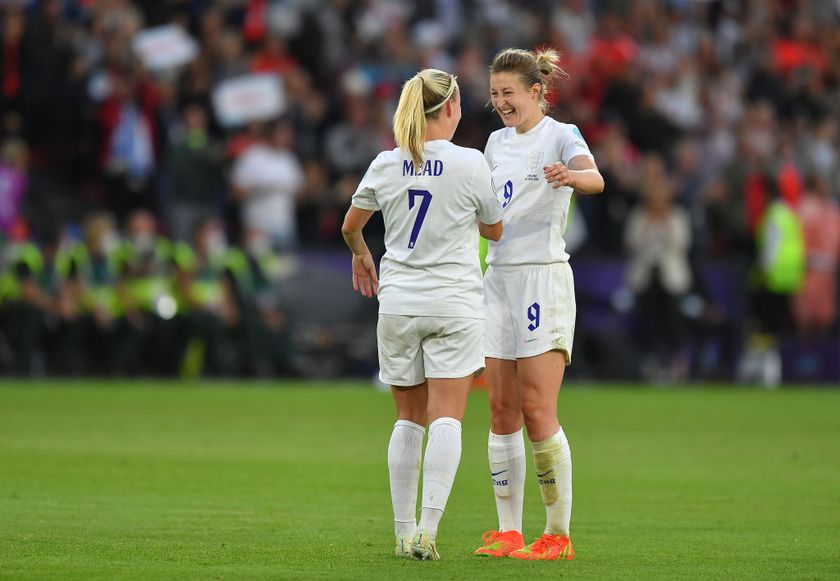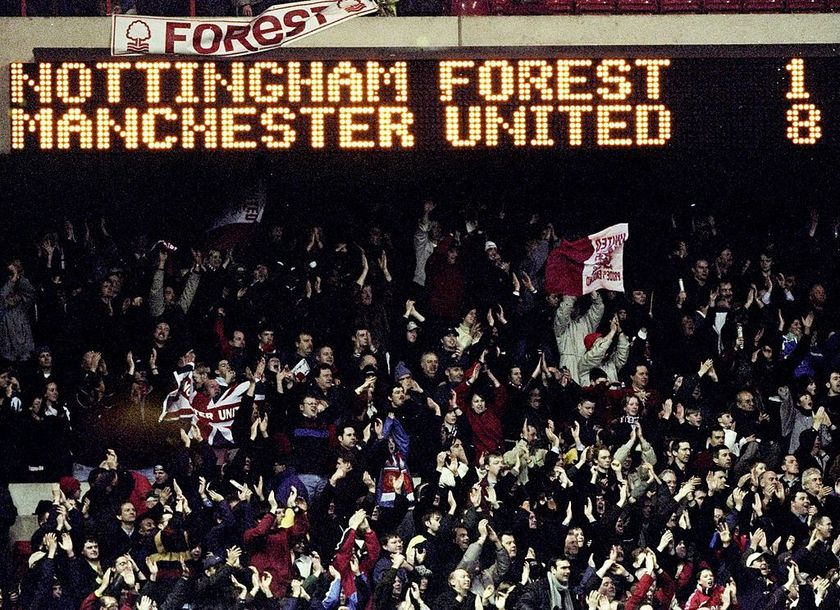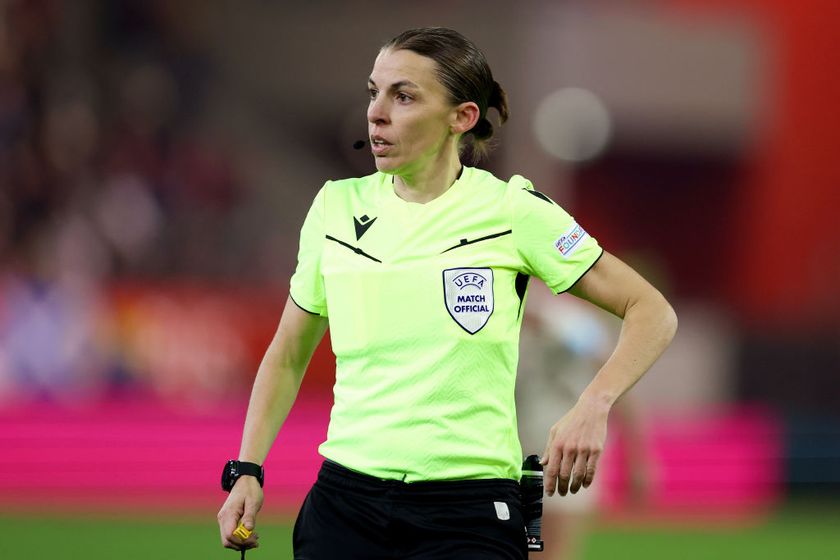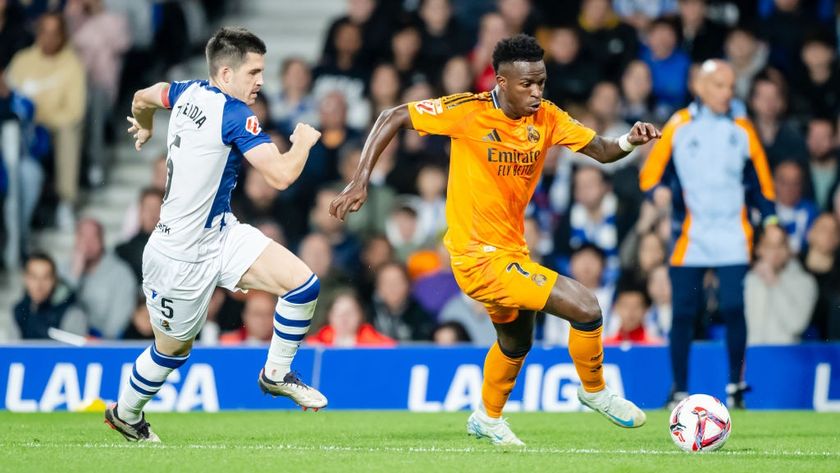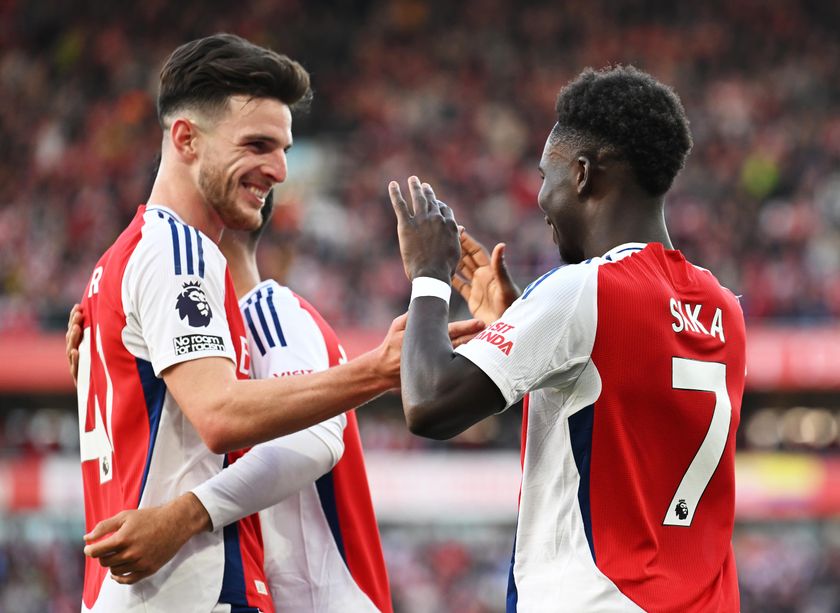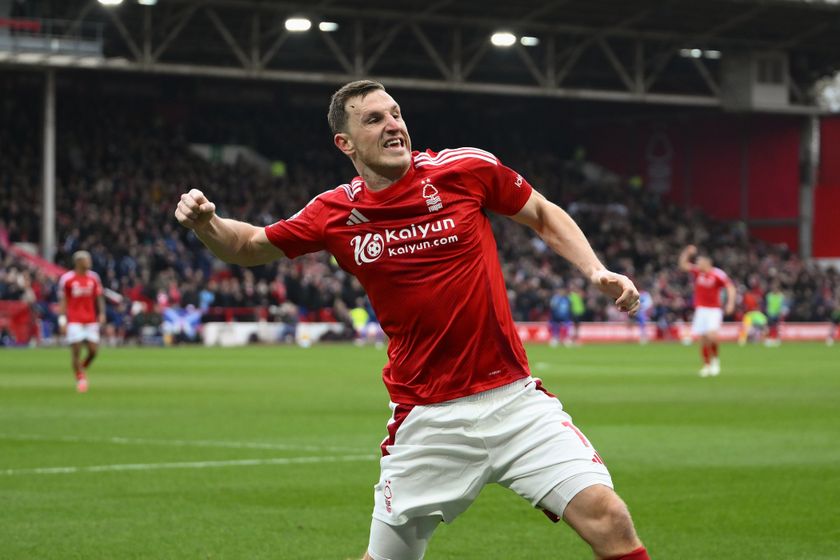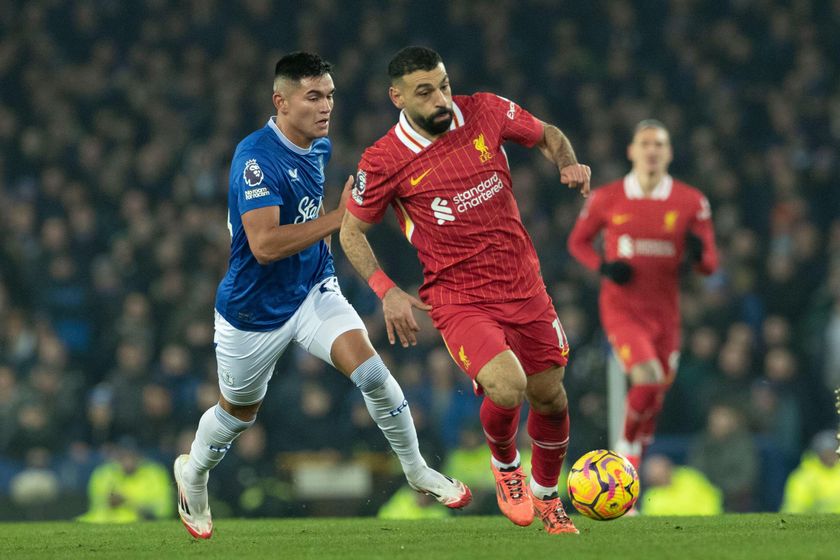Everton have accepted mediocrity for too long – but this looks like a new age of ambition
It’s been one step forward and another back for the Toffees in recent years. But Seb Stafford-Bloor says that could all be about to change...
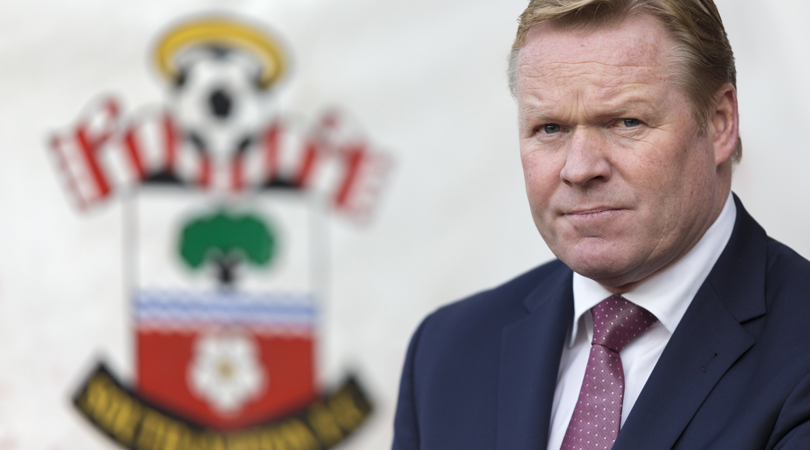
It's usually smart to ignore social media arguments, but it was interesting to hear the opposing reactions last week to the news that Ronald Koeman was giving proper consideration to the vacant job at Everton.
The loudest voices expressed their disapproval, insisting that leaving Southampton for Goodison Park was really a sideways move. Koeman's two years on the south coast have seen the club continue their sharp upward trajectory and, having finished sixth in the Premier League with their fertile academy about to be complemented by a decadent broadcasting contract, it's not a situation which many would hurry to leave behind.
So, superficially at least, it was a sensible point. But then this is Everton, argued the dissenters, the club of nine league championships and five FA Cups. The Grand Old Team, the eighties powerhouse, and a name which still resonates in global football. They are the bigger club, of course Koeman would be interested – and with steel and energy magnate Farhad Moshiri recently acquiring a 49% majority shareholding, he would be foolish not to.
The loudest voices expressed their disapproval, insisting that leaving Southampton for Goodison Park was really a sideways move
Reach a bit further
Two perspectives, both equally valid. Realistically, though, that Southampton can – by virtue of their momentum – be considered Everton's equal is symptomatic of the latter's recent stasis.
They may have progressed since the late 1990s when they flirted recklessly with relegation and, recent slide disregarded, may have become a top-half fixture, but Everton are still a club prone to misfortune and failure. For a long time, a new dawn has seemed simultaneously imminent yet out of reach.
Wayne Rooney emerged as a once-in-a-generation talent before being sold after fewer than 70 league appearances. David Moyes's brave 2004/05 team barged their way into the top-four cartel before having the Champions League door slammed in their face by Villarreal. The current nucleus of developing talent (Ross Barkley, John Stones and Romelu Lukaku) should, together, be the foundation for substantial progress but because of the Martinez-inspired stall, are likely to separate before the summer is over. One step forward, one back.
Get FourFourTwo Newsletter
The best features, fun and footballing quizzes, straight to your inbox every week.
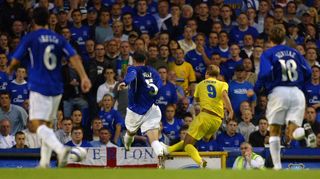
Positives are always dampened by offsetting negatives. Everton may have been a victim of football's modern financial realities, but it doesn't hide that a troubling culture has been allowed to germinate.
Koeman can be accused of making a sideways move, because Everton – despite their history and their stature – haven't behaved like a big club for a long time. A lack of wealth provides an asterisk against that, as has the rise of English football's nouveau riche, but they've also become far too accepting of their place in the game.
Pluck doesn’t cut it
Everton – despite their history and their stature – haven't behaved like a big club for a long time
Under Moyes, initial improvement and welcome stability eventually gave way to a spoiler's mentality and Everton became the sort of team praised for lifting their game and derailing title contenders. Yet, like all underdogs, their defeats against lesser, sometimes newly promoted clubs, would generally be ignored. The supporters didn't tolerant that, of course, but that was certainly the outside perception.
They became the plucky little Toffees and, as the Koeman snafu has evidenced, that pejorative association lingers. When a club that has only been back in the Premier League for three years are seen to own a better stage than one of the never-relegated originals, something isn't quite right.
Simply having money won't immediately cure that – but combining those resources with the right mentality and management eventually will. The recruitment of Koeman, then, represents a significant waypoint.

As opposed to Moyes, who was then a second-tier manager marked with natural red flags and Martinez, who didn't need to be asked twice to step away from relegated Wigan, the Dutchman is a manager in high demand. It's aggressive and, for the first time in a generation, it shows Everton behaving in a predatory way.
Ambitious clubs take what they want, they don't just gather low-hanging fruit; this is a big club's move and one which makes a muscular statement.
Sensible choice
It's also very astute from a technical standpoint. Before recommending Koeman's appointment in 2014, Les Reed diligently analysed his performance at Feyenoord. What he saw was a manager who overachieved in spite of the financial dysfunction at De Kuip and who, over three years, developed a reputation for building rigidly organised teams in spite of high player turnover.
When a club that has only been back in the Premier League for three years are seen to own a better stage than one of the never-relegated originals, something isn't quite right
He was ideal. At the time, Southampton were the victims of a dispiriting talent drain and, as the last two seasons have proved, Koeman's training ground acumen and drill sergeant discipline were the perfect mastic for the club's fractured parts.
Those qualities will be just as valued by his new employer. Who better to cure the club's continual defensive weakness than a manager who, in his only two years in English football, created two of the Premier League's stingiest backlines? While Martinez had the talent available to theoretically deliver on the Champions League promise he made to Bill Kenwright, he was never able to build the encasing structure which would have allowed him to cash that cheque.
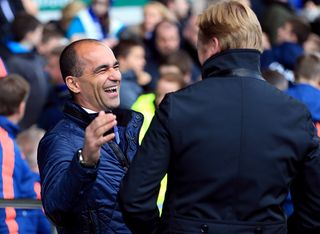
Koeman, you suspect, has a far greater chance. His organisational qualities are superior and it's not a coincidence that Nathaniel Clyne, Ryan Bertrand and Jose Fonte all became international defenders under his direction. Not that he employs an overly negative approach either: Sadio Mane has developed into a far more consistent player over the last two years, Graziano Pelle performed well enough to earn his first caps for Italy, and Shane Long is currently playing the best football of his career.
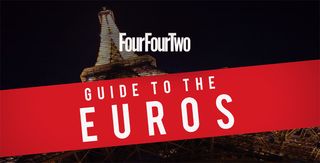
All 24 Euro 2016 teams profiled, plus must-read features with FourFourTwo
Forward step
In addition to enhancing existing resources, he's also the right head coach to guide Everton along their likely future course. With new ownership have come bold promises of investment and, with personnel issues to solve in almost every area of the pitch, this could be one of the most ambitious summers in memory.
If that is the case – if a wholesale upgrade is initiated – Koeman's ability to forge a cohesive team in a short space of time will become relevant again. Rival supporters will continue to argue over the merits of leaving Southampton or over what he might have been able to achieve had he stayed, but from Everton's perspective there's no clear downside.
Unlike with Moyes and his cautious football or Martinez and his known fragilities, this appointment isn't a trade-off between good and bad, and the club aren't just employing a coach who has a lack of better options. This Everton – the one making bold moves to suit their purposes – can be reconciled with that glowing history and begin to reconcentrate their diluted culture.
Seb Stafford-Bloor is a football writer at Tifo Football and member of the Football Writers' Association. He was formerly a regularly columnist for the FourFourTwo website, covering all aspects of the game, including tactical analysis, reaction pieces, longer-term trends and critiquing the increasingly shady business of football's financial side and authorities' decision-making.

